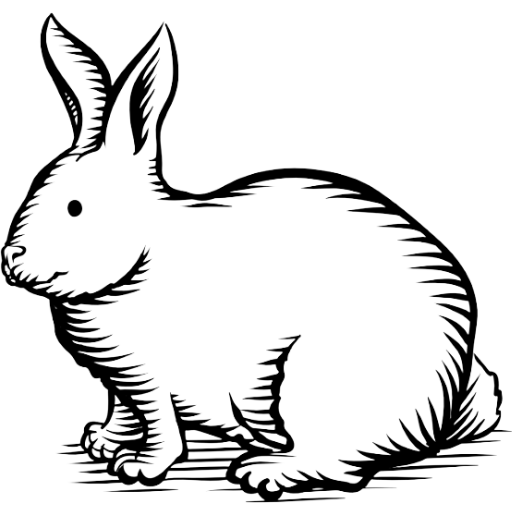GUIDE TO:
BUGS FOR REPTILES
You are what you eat! Feeding your reptile high-quality and nutritious food is necessary to keeping a healthy pet. We recommend dubia roaches and horn worms as their staple diet. Other bugs can be incorporated for variety. Be sure to gut-load your bugs before feeding them to your pet. Here is a list of some common bugs you can use.
MOST RECOMMENDED
Dubia Roaches
Dubia Roaches are a key food in your reptile’s diet. Not only are they rich in protein, but they also are low in fat content and provide an array of important nutrients your reptile needs. They are high in calcium, which is significant to many reptile’s diets as well. Due to the larger amount of meat and their nutritional value, you do not need to feed your reptile that many of them, too. Dubia roaches have longer digestive tracts that store more food in their stomachs, leaving them gut-loaded with healthy vegetables for your reptile to consume. These roaches do not make any noise or smell, and cannot climb glass which makes it nearly impossible for them to escape their container. Overall, Dubia roaches are among the best options to feed your reptile.
Hornworms
Hornworms are also a very nutritious option to feed your reptile. This is because they are packed with moisture and are high in calcium. They are great for picky eaters due to their flavor and bright green color that stimulates reptiles’ hunting instincts. Hornworms are low maintenance as they can be left in a container with hornworm food and put in a cooler area to stay fresher and not grow too large for your reptile to consume. They also do not make noise and are easy to store.
OTHER BUGS
Crickets are not as nutritious as dubia roaches or hornworms but are great to add variety and to stimulate exercise. They are high in many nutrients that your reptile needs, such as protein and calcium. Crickets should be gut-loaded, which means they can be filled with healthy vegetables that your reptile should be consuming. To do this, they should be kept in a container with scraps of vegetables to eat, then be fed to your reptile. This provides your reptile with even more nutrients and health benefits. All in all, crickets are very nutritious and a healthy choice to feed your reptile.
Mealworms can be fed sparingly as they are high in chitin, the exoskeleton of the worms. This is the same material as our fingernails and are not as easily digested by your pet. They are high in protein and calcium as well as provide numerous healthy vitamins and minerals. Additionally, they are easy to raise and are very low maintenance insects to care for. Mealworms can also be kept in your refrigerator to stay fresher for a longer period of time. In colder temperatures, mealworms will turn to a dormant state and not move until they warm up again once outside of the refrigerator.
Superworms, while having a similar appearance to mealworms, are different insects. Due to the larger nature of superworms, they have a higher meat-to-shell ratio compared to mealworms; this means that they contain less chitin. Chitin is simply the exoskeleton of an insect and should be eaten in moderation by your reptile. This means that superworms are still a healthy and nutritious choice to feed your reptile. Superworms are high in protein and fat. They also provide a rich source of hydration for your reptile. These insects require certain feed, such as raw oatmeal, and should be kept in a container with holes on the top lid.
Waxworms are small, white worms that should be fed in moderation. This is because of their high fat content and low nutritional value. Waxworms can also be given to female reptiles after laying eggs or to an unwell reptile who is not eating. This is because waxworms will keep a reptile’s weight up and are enticing and tasty to them. However, they can still be given to your reptile as a tasty treat every once in a while.
OTHER WORMS
Nightcrawlers are earthworms that eat decomposing matter and provide natural aeration of soil. They are also great for fish, frogs, turtles, salamanders, and other amphibians to eat. Nightcrawlers are among the most popular live baits on the market.
Nightcrawlers should not be fed to bearded dragons, leopard geckos or other reptiles.








